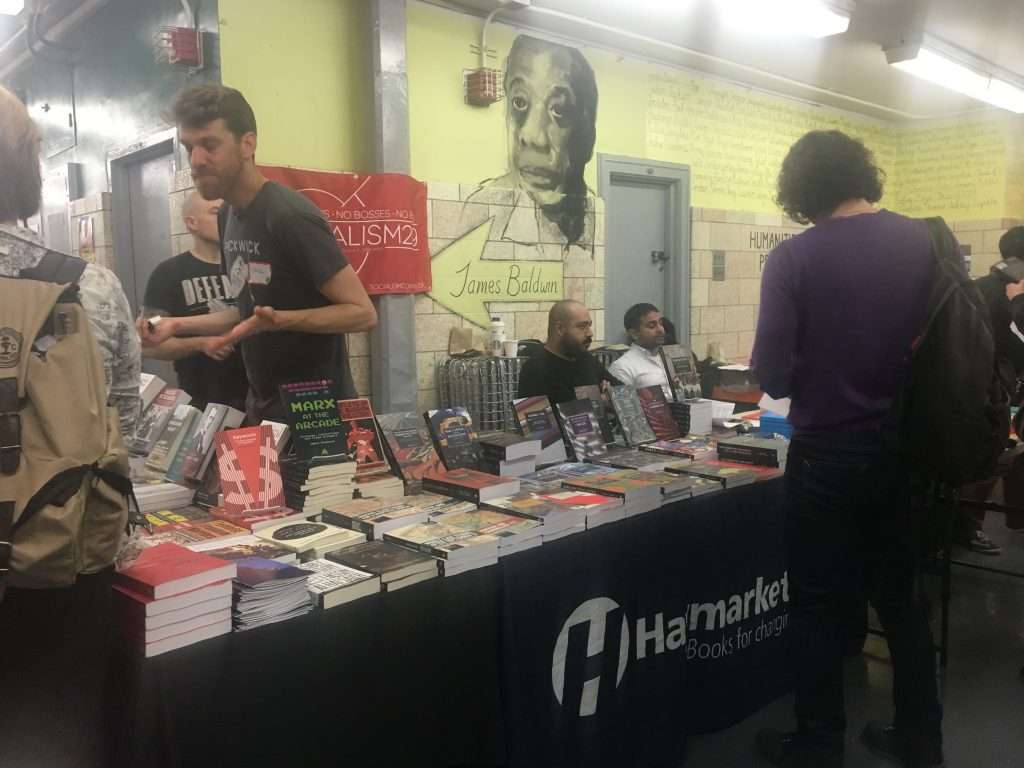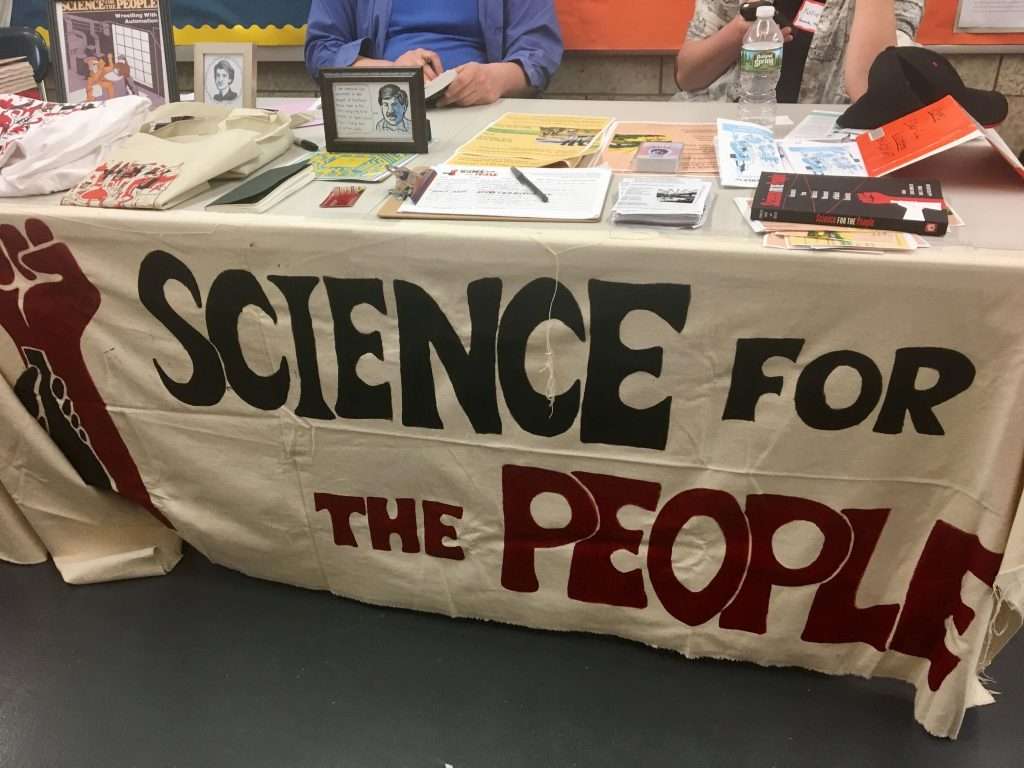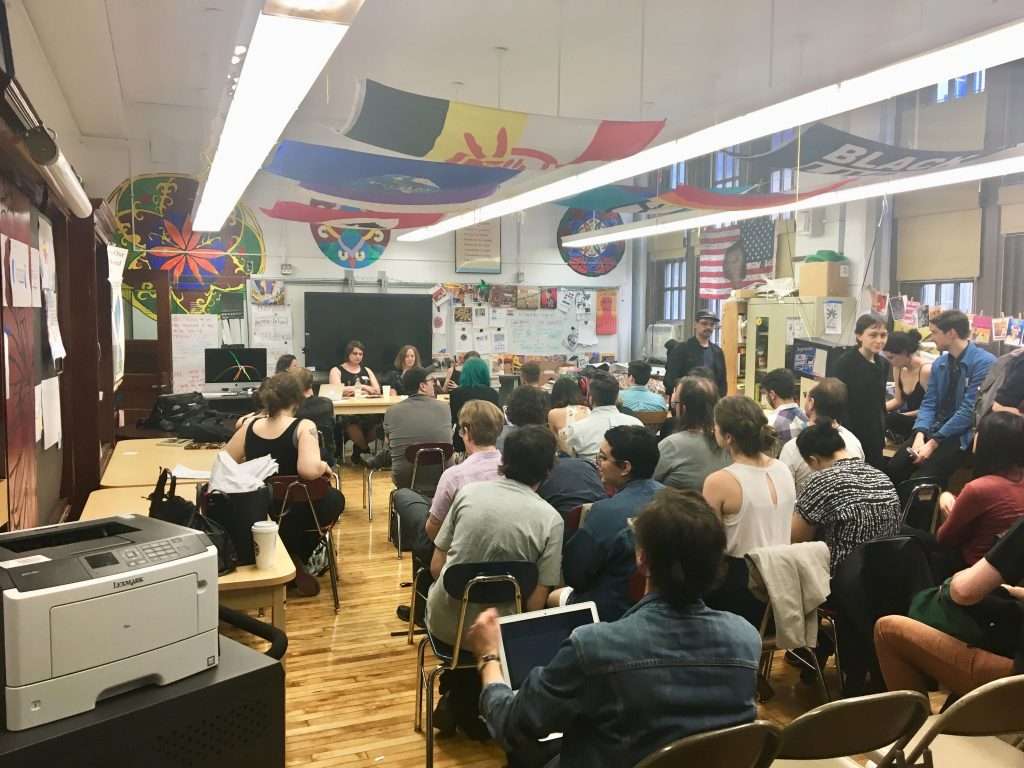 Yale Law School recently adopted a policy under which students cannot get school-subsidized grants to support public interest summer jobs, postgraduate fellowships, or targeted loan forgiveness for those working at relatively low-income jobs, if the job in question is with an employer that discriminates on the basis of race, religion, veteran status, marital status, veteran status, or – most controversially – sexual orientation. The policy change was in large part the result of student protests against a Federalist Society-sponsored speaker from the Alliance Defending Freedom, a Christian conservative public interest law firm that had successfully represented the plaintiff in the Masterpiece Cakeshop case. The owner of the bakery argued that the state of Colorado violated his freedom of speech and freedom of religion by requiring him to bake a cake for a same-sex wedding to which he objected on religious grounds.
Yale Law School recently adopted a policy under which students cannot get school-subsidized grants to support public interest summer jobs, postgraduate fellowships, or targeted loan forgiveness for those working at relatively low-income jobs, if the job in question is with an employer that discriminates on the basis of race, religion, veteran status, marital status, veteran status, or – most controversially – sexual orientation. The policy change was in large part the result of student protests against a Federalist Society-sponsored speaker from the Alliance Defending Freedom, a Christian conservative public interest law firm that had successfully represented the plaintiff in the Masterpiece Cakeshop case. The owner of the bakery argued that the state of Colorado violated his freedom of speech and freedom of religion by requiring him to bake a cake for a same-sex wedding to which he objected on religious grounds.
In the aftermath of the policy shift, many on the right charged that it amounts to religious discrimination against theologically conservative Christian employers who refuse to hire gays and lesbians because homosexuality conflicts with their religious commitments. In a letter to Yale Law School Dean Heather Gerken, Republican Senator Ted Cruz claimed that the policy violates federal civil rights laws banning discrimination on the basis of religion, and announced his intention to have the Senate Judiciary Committee hold an investigation of the policy. Dean Gerken has issued a public statement denying Cruz’s claims. Ironically, this is a case where supposedly pro-free market conservatives want to impose tighter regulations on a private organization, while the left – which normally favors expansive antidiscrimination laws – is defending Yale’s freedom of association.
Who has the right of this dispute? When it comes to religious discrimination, Gerken is correct, and her critics on the right are wrong. But these sorts of antidiscrimination policies do raise other difficult questions.
I. Why Yale’s Policy Does Not Discriminate on the Basis of Religion.
To see why Yale’s policy does not discriminate on the basis of religion, it’s worth considering the following hypothetical examples, both of which have real-world analogues:
Employer A refuses to hire gays and lesbians because doing so would violate her religious commitments.
Employer B also refuses to hire gays and lesbians. But in his case, it has nothing to do with religion, but is the result of his entirely secular belief that gays and lesbians violate proper gender roles. He thinks that gays are effeminate and don’t qualify as true “manly men,” while lesbians fail to live up to what he considers to be proper standards of femininity.
Under the Yale policy, law students who want to work for Employer A and those who want to work for Employer B are treated exactly the same. Both would be denied fellowship funding. This shows that the focus of the policy is discrimination on the basis of sexual orientation, not the religious (or secular) nature of the beliefs underlying that discrimination. The Yale policy is entirely neutral as between religious and secular employers.
Obviously, the policy is likely to disproportionately affect employers with religious objections to homosexuality, since those are likely to be a high percentage of those who discriminate against gays and lesbians. But, in virtually every other context, conservatives are the first to point out that a disproportionate effect on a particular group does not by itself make a policy discriminatory. For example, they rightly argue that the use of grades and test scores in academic admissions does not amount to discrimination against members of groups that are disproportionately likely to be excluded by the use of such criteria. The same principle applies here.
Sometimes, a seemingly neutral policy actually has a hidden discriminatory motive. That argument successfully prevailed in Masterpiece Cakeshop (where the Court ruled in favor of the baker because Colorado officials demonstrated hostility towards his religious beliefs). It should have prevailed in the Trump travel ban case as well (I am one of the relatively few people who believe the plaintiffs deserved to prevail in both of these cases).
The fact that the Yale policy was adopted in response to the protests against the ADF speaker might be seen as evidence of such a hidden motive. After all, both ADF and their client in the Masterpiece Cakeshop case object to homosexuality and same-sex marriage for primarily religious reasons.
It is hard to be certain about the true nature of Yale’s motives. But the strong likelihood is that the religious nature of ADF’s commitments was not a decisive factor. If the Federalist Society – or some other student group – had invited a high-profile speaker who opposes same-sex marriage for secular reasons, it would almost certainly have attracted the same sorts of student protests, and led to much the same policy change by the Law School.
The anti-ADF protests were troubling for a number of reasons well-stated by legal scholar Andrew Koppelman (himself a long-time advocate of same-sex marriage). Like Koppelman, I think the Yale Federalist Society was entirely justified in inviting the ADF representative, even though I am – to understate the point – no fan of their beliefs about homosexuality (though, unlike Koppelman, I largely agree with their legal position in the Masterpiece Cakeshop case).
Be that as it may, the protests and the resulting policy were about ADF’s hostility to homosexuality and same-sex marriage, not the religious nature of that hostility. A secular organization with similar commitments would have aroused much the same anger.
In this case, and others like it, many conservatives’ understanding of liberal motives has things backwards. The reason why many on the left so vehemently denounce groups like ADF is not because of their religiosity, but because of the policies they advocates towards homosexuality and same-sex marriage (among other issues). As a general rule, most gay rights advocates have no problem with religion as such, and are perfectly fine with theologically liberal religious groups that take positions that are more congenial to the political left.
Many argue that religiously motivated objectors to neutral policies deserve exemptions because of the special status of religious beliefs. That is the principle underlying the state and federal Religious Freedom Restoration Acts, for example. There are good arguments for such exemptions, and I myself support them in some situations. But refusal to grant a special exemption to religious objectors is not the same thing as discrimination against religion, even if it might be problematic on other grounds.
II. The Danger of Slippery Slopes.
The fact that the Yale policy does not discriminate on the basis of religion does not mean that its rules are above criticism. In my view, private organizations should have broad rights of freedom of association – and that goes double for situations like this one where the school is simply refusing to subsidize students who work for a particular employer, rather than attempting to bar them from taking such positions entirely. Senator Cruz and the federal government should leave Yale alone.
But even if the feds should stay out of the matter, it is still worth asking whether Yale’s policy is entirely justified. There are, I think, cases where universities can legitimately choose to deny any financial support to groups with odious hiring practices and agendas. For example, few would object to the Yale policy if it was limited to refusing to fund students working for groups that discriminate on the basis of race, such as those who refuse to hire African-Americans because they believe blacks are inferior to whites. As I see it, employment discrimination on the basis of sex and sexual orientation is comparably odious, and has an almost equally sordid history.
The case for the Yale policy is further strengthened by the fact that Dean Gerken indicates that the school will create “an accommodation for religious organizations and a ministerial exception, consistent with antidiscrimination principles.” This exemption could potentially satisfy many of the concerns of those who believe religious organizations deserve special exemptions from some generally applicable rules (though I suspect that the accommodation is likely to apply only to organizations whose primary purpose is religious, not merely those who have religious motives for various types of employment discrimination). Depending on what counts as a “religious organization,” it is even possible that ADF itself would qualify for the exemption!
At the same time, it is also the case that antidiscrimination rules have a strong tendency to expand beyond the relatively easy cases to ones that are far more questionable. The Yale policy already covers some such cases, such as veteran status. There are often good reasons for employers to prefer veterans over non-veterans, or vice versa, that cannot be reduced to some kind of invidious prejudice.
Academic bureaucracies are, to understate the point, not notable for their self-restraint in such matters. There is therefore a danger that the YLS policy will expand over time, in various problematic ways. If Yale’s policy for funding student employment becomes subject to a growing list of ideological constraints, it is likely to undermine ideological diversity at the school, and undercut the whole purpose of the funding policy – which is to enable students to work for a wide range of public interest employers.
Gerken emphasizes that the policy is strictly limited to cases of employment discrimination, and will have accommodations for religious groups. But these constraints could be eroded over time. It may be that the slippery slope risk so great, that it’s not worth going down this route in the first place. As a practical matter, it is unlikely that more than a very small number of Yale law students will seek out subsidies to work for organizations that discriminate in the ways the current policy seeks to forbid. Letting those few slip through the cracks, as it were, may be a price worth paying to avoid slippery slopes. At the very least, Yale and other schools with similar policies should consider the risk, and establish institutional barriers to guard against overexpansion of these sorts of policies.
NOTE: I have more than the usual number of personal connections to the subject of this post. I am myself a Yale Law School graduate (Class of 2001). In the summer of 1999, I had a Yale-funded summer fellowship to work at the Institute for Justice, a libertarian public interest law firm. Current YLS Dean Heather Gerken is a friend and a professional mentor of mine. I am also a longtime member of the Federalist Society, and was a member of the Yale Law School student chapter during my time as a YLS student.
from Latest – Reason.com http://bit.ly/2KNIT56
via IFTTT




